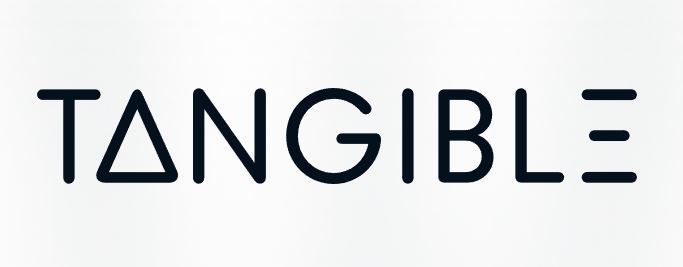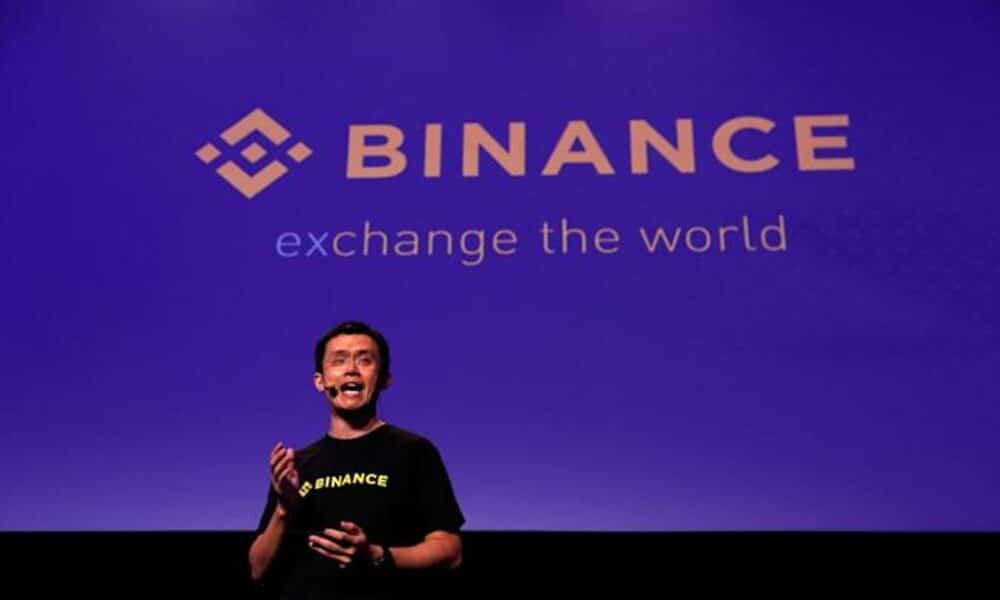When trading on cryptocurrency exchanges, we want to feel that our funds are fully protected. You’ve probably heard more than once about the losses traders have suffered as a result of attacks on their accounts. Most of them could have easily been avoided. In this article we will tell you what steps you can take to best secure your online assets.
Account password
When signing up for an account on any exchange you will be asked to set a password for your account. Try to make it as complex as possible. Use upper and lower case letters, numbers and special characters. Make sure the password is unique and one that you do not use anywhere else. It is also important that only you know it. An example would be “Co1nM@$te(r)”. It is very good and even recommended practice to change your password periodically. This is the first step to protecting yourself from malware.
Two-factor authentication (2FA)
Two-factor authentication (2FA) has already become almost standard on all exchanges. This is nothing more than securing access to your account with an additional factor. The two most commonly used are codes sent via SMS, or digit sequences generated in the Google Authenticator application.
The principle of the SMS code is very simple. When registering on the exchange, we synchronise our phone number with our account. Thanks to this, each time we enter the password, we will be asked to rewrite the code sent to our mobile phone.
Google Authenticator also uses a mobile device, but in a slightly different way. After downloading the application and selecting this security function on the stock exchange, we will be able to scan the QR code appearing on the screen. Thanks to it the application will automatically pair our account with the device we own and will constantly generate a new authorisation code every 30 seconds. As a result, each time you try to log in to the exchange, you will be asked to enter a six-digit code from the application. This authentication method is very difficult to crack. However, remember to rewrite the reset key provided right next to it before scanning the QR code. This will allow us to access the account in case of a possible change of mobile phone.
SMS code and Google Authenticator security can be used not only interchangeably, but also simultaneously when logging into the same account.
Not trading your cryptocurrency? Don’t keep your funds on an exchange!
Cryptocurrency exchanges, due to the amount of capital flowing through them, are constantly vulnerable to hacking attacks. Of course, their security features allow them to successfully repel them. But despite this, history has known cases in which exchanges have even collapsed as a result. It is not hard to guess that the funds gathered on them were often irretrievably lost. To protect ourselves from similar situations, it is worth storing purchased cryptocurrencies on the so-called cold wallets. Thanks to them, only we will have access to the assets we own. These wallets are also protected by passwords. In this case, the most commonly used are PIN codes set by us. Moreover, the wallets are usually secured with a sequence of 24 keywords. This is a firewall virtually impossible to break.
Using all the above mentioned forms of security, we can rest assured about our funds and focus on the strategy of multiplying our profits.


















